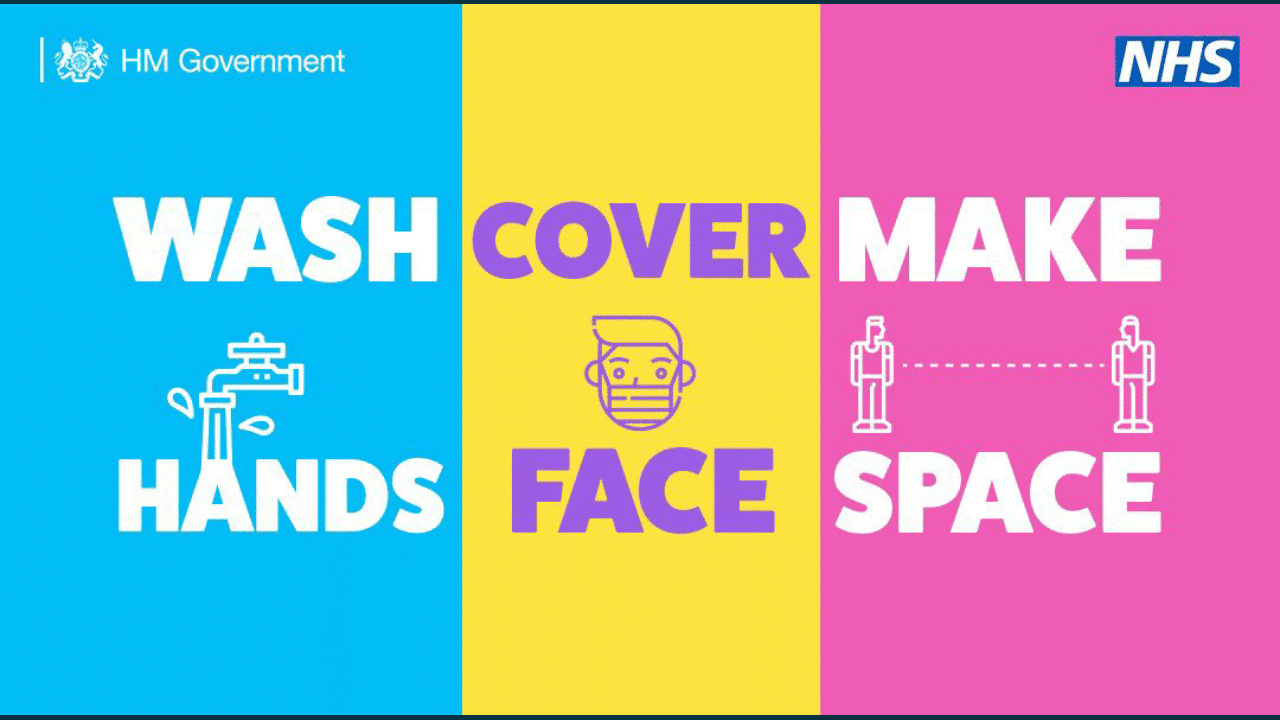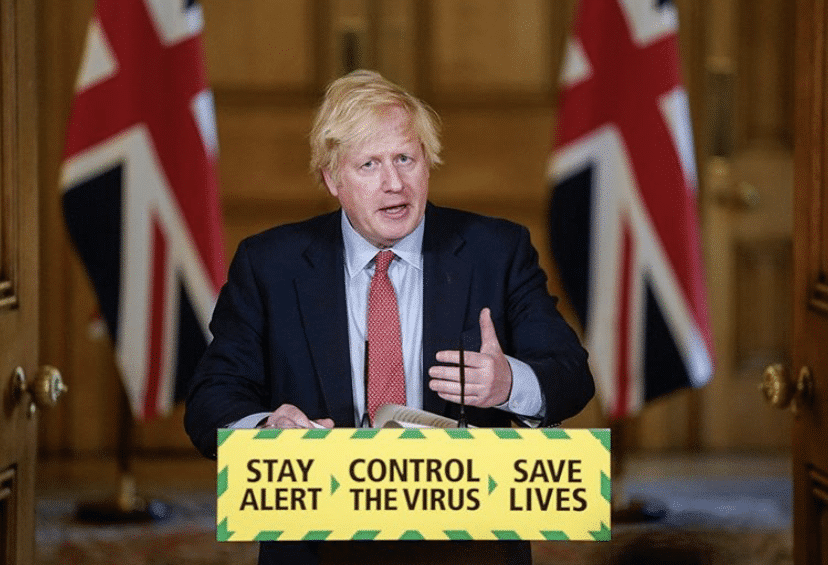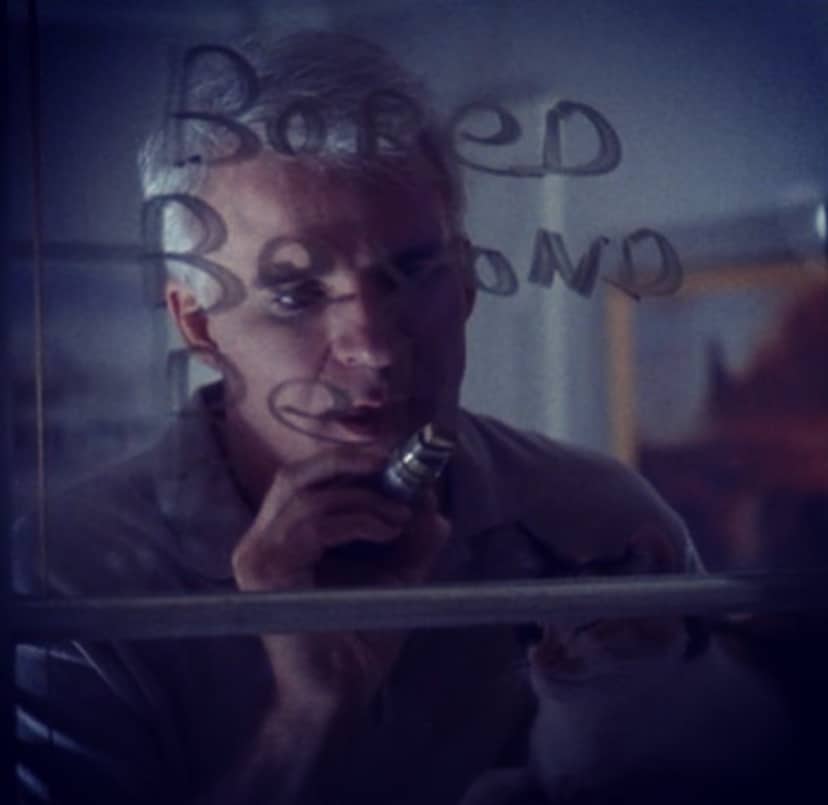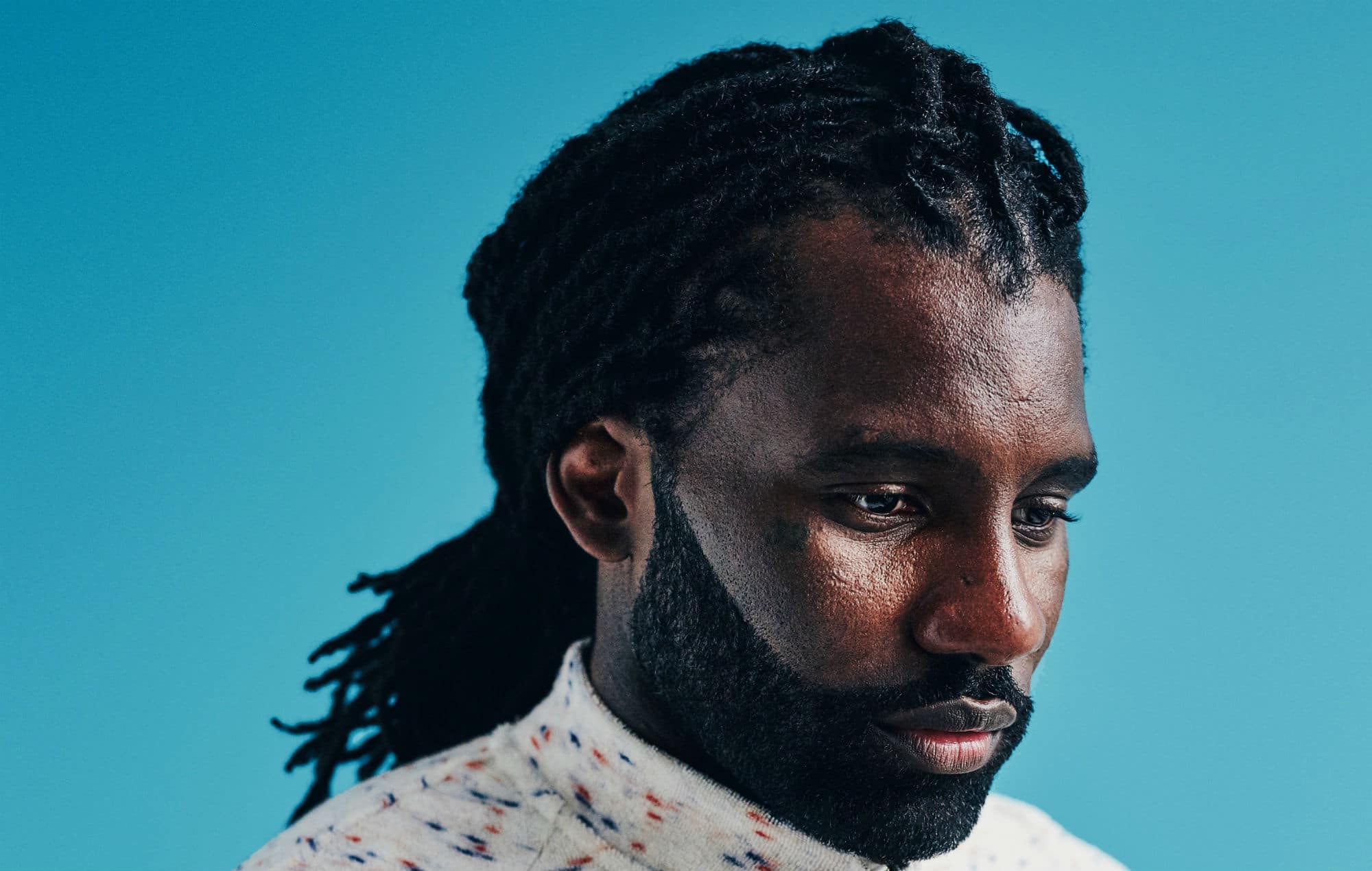The myths of cancel culture
News
Musician Michael J Sheehy on Nick Cave, the intellectual backlash against 'cancel culture' and what gets lost in the dismissal of 'wokes'...
Back in September 2018, Nick Cave began The Red Hand Files, a forum where he invites his fans to ask him anything and he answers in the form of an open letter. This simple exchange between an artist and his followers is an online treasure trove which is by turns, thought provoking, deeply moving, brutally honest and riotously funny with revealing insights into creativity, religion, grief and popular icons. In Issue 109, Cave chose to amalgamate a question about mercy with another about cancel culture. His answer to the question “What is mercy to you?” was typically beautiful, coming from a place of deep empathy and universal love but it was his scathing remarks on cancel culture that grabbed all the headlines. He describes cancel culture as “mercy’s antithesis” and goes on to denounce political correctness as “bad religion run amuck”. Later, he posits that “Cancel culture’s refusal to engage with uncomfortable ideas has an asphyxiating effect on the creative soul of society”. Of course, this sparked debate across social media and the inevitable calls for Cave himself to be cancelled, with some accusing him of being overly concerned with the “cancelling” of luvvies such as J.K. Rowling while ignoring the plight of minority groups and giving succour to right-wing bigots.
As someone with a healthy distain for any kind of ‘group think’ that tries to steer well clear of absolutes, I found myself in broad agreement with much of Cave’s thinking and yet something about this letter made me feel uneasy. This isn’t the first time Cave has stuck his toe into these murky waters, the following quote is taken from an earlier Red Hand File: “Antifa and the Far Right, for example, with their routine street fights, role-playing and dress-ups are participants in a weirdly erotic, violent and mutually self-sustaining marriage, propped up entirely by the blind, inflexible convictions of each other’s belief systems.” Again, I found myself sympathetic to many of the thoughts expressed in that letter but the above sentence really jarred, it struck me as being either incredibly naïve or deliberately antagonistic. I believe he is drawing a false equivalence between opposing ideologies here and echoing Trump’s “there are very bad people on both sides.”
As much as I find the idea of deplorables like Laurence Fox claiming one of my idols as an ally quite sickening, I have tried to understand Cave’s choice to remain neutral during the most politically polarised time in living memory. He views the world through the lens of creativity and his refusal to bow to woke culture is driven by his desire to serve his muse in the very best way he can: “…living in a state of enquiry, neutrality and uncertainty, beyond dogma and grand conviction, is good for the business of songwriting, and for my life in general. Conviction and anger can be the most powerful expressions of universal love. However, my duty as a songwriter is not to try to save the world, but rather to save the soul of the world…” Though perhaps a little too steeped in Romanticism for my taste, all of this seems fair enough; he’s an artist not an activist but why does he feel the need to take pot shots at those who choose to take a stand against systemic racism and tyranny? I’m not criticising him for choosing to sit on the side lines, but considering the dark times we find ourselves living through, perhaps while he is sitting on his arse he could keep his trap shut and let others get on with fighting the good fight.
Like the open letter signed by various writers, academics and activists, which was published in Harper’s Magazine back in July, Cave’s ruminations on political correctness and cancel culture lack examples and specifics. The Harper’s letter has failed to achieve the nuanced debate on trans rights versus cis women’s rights that it was hoping for, simply because they failed to explicitly ask for it. Instead, the letter’s vagaries and generalisations gave right-wing commentators more ammunition to gaslight those who stand for social justice and victims of violence and abuse within minority groups. I find myself wondering what exactly Cave and his ilk are railing against and who they are trying to protect. It looks to me like many artists, writers and academics are struggling to come to terms with a world where social media has given the plebs a voice and a platform where they can take the great and the good to task for their odious opinions and indiscretions.
I’m also struggling to fully grasp what cancel culture actually is. Is it David Walliams and Harry Enfield screaming into the wilderness because they can’t black up without being criticised? Or is it Morrissey bemoaning the fact that he can’t be openly racist without some uptight journalist calling him out? How about Eric Clapton’s continued veneration despite going on a disgusting racist rant at one of his concerts over forty years ago? Or Laurence Fox claiming that no record label would touch him with a ten-foot pole because he’s a white cis male while we all know the real reason is the irrefutable fact that he now takes first place in a very crowded field of appallingly-bad-actors-turned-appallingly-bad-musicians? All of these men have expressed views that many would find repugnant, all are unrepentant and in denial of their privilege. The other thing they have in common is, that as far as I can tell, despite their odious opinions, they still have careers. Who exactly, aside from convicted paedophiles and rapists, has been cancelled? I’m not seeing much evidence that freedom of speech or expression is being curbed but what I am seeing are a bunch of mostly white middle-aged people pissing all over themselves because they can’t express offensive bollocks without some woke keyboard warrior pointing it out. I am also seeing a stunning lack of self-examination and a point-blank refusal on the part of many on the Right to engage with uncomfortable truths about our collective past and the sickening aspects of our imperialism, in fact many feel personally under attack when these debates arise.
When I was 11 years old, I boxed at St Pancras Boys Club near Kentish Town. We would often travel across London to fight bouts at ‘shows’ hosted by other clubs. We would represent St Pancras, hopefully give a good account of ourselves and be rewarded with a plastic trophy and a meal ticket which we’d cash in for a chicken dinner. One night we were visitors to a show in South London, accompanied by a couple of parents and two trainers; a vicious old cockney named Vic and a young Black man named Brian. We had a poor night, all three of our fighters, including me, had lost. We were sitting around feeling dejected, picking at our chicken and chips when one of the youngest fighters held a piece of chicken in front of Brian’s face and asked in a fake Southern States drawl “You want some, n*****?” A look of shock came over Brian’s face, followed by anger, but what I remember most of all was finally, the look of hurt. He had tears in his eyes as he said “I’ve been called a lot of names in my life; a black bastard, wog, coon, spade, you name it, I’ve been called it. Most of the names don’t bother me and are like water off a duck’s back but no-one calls me n*****!” He was trying to impress upon the child and the child’s father, who was also there, the demeaning, dehumanising and terrible power of the word but they both tried to laugh it off as a joke.
Around that time (1984) ‘Fawlty Towers’ was regularly repeated on the BBC. Recently, the BBC took a decision to temporarily remove one the most beloved episodes, ‘The Germans’ from the streaming service, UKTV because of the character Major Gowen’s use of the word ‘n*****’. The programme was then reinstated with a warning at the start. In light of recent events surrounding the death of George Floyd at the hands of Minneapolis policemen, many felt it was a kneejerk reaction that was detrimental to the Black Lives Matter cause. John Cleese and many others lambasted the BBC for bowing to cancel culture. He argued that most viewers are intelligent enough to work out that the Major’s racist views are being lampooned and I agree with him but what Cleese has failed to realise is just how demeaning and toxic the word is, was and always will be, especially coming from the mouth of a white person. This is why it’s important to contextualise and forewarn viewers, I see no problem with this approach and I honestly cannot understand why anyone would object. Around the same time, Leigh Francis issued a heartfelt apology for his portrayal of black people in Bo Selecta! back in 2002 and requested the show be taken down from streaming services. Rather than being applauded for doing the right thing he was lambasted for bowing to cancel culture. I have a feeling that some in the UK will not be satisfied until the Saturday night TV schedule reads “Jim Davidson’s Greatest Racists” followed by “Bernard Manning’s Resurrection” with Roy Chubby Brown’s “Great British Jerk Off” rounding off the night’s entertainment. Given the recent announcement that the BBC is considering “axing Left-wing comedians”, perhaps the hyperbole here is only slightly over cooked.
While I find a lot of the pearl clutching in the name of political correctness embarrassing and unhelpful, however well intentioned, I think we’re in danger of doing the devil’s bidding when we dismiss those with legitimate concerns pejoratively as “social justice warriors”, “the PC Brigade”, “virtue signallers”, “woke”, “bleeding heart liberals” etc. These phrases aren’t only being used to undo what many perceive to be some kind of cultural chauvinism but also to undermine the rights and equalities that minority groups have fought so long and hard for.
There is a fine line between that which causes offence and that which belittles and dehumanises. Perhaps it’s unclear where that line is to many on either side of the so-called culture war. Many artists and comedians consider it their raison d’etre to shock and offend – nowadays it’s very difficult to inspire shock but it seems like punters are queueing around the block to be offended and they often seem to be offended on behalf of others. As Stephen Fry has said “It’s now very common to hear people say, ‘I’m rather offended by that.’ As if that gives them certain rights. It’s actually nothing more… than a whine. ‘I find that offensive.’ It has no meaning; it has no purpose; it has no reason to be respected as a phrase. ‘I am offended by that.’ Well, so fucking what?” and of course, he’s right, but when is that line crossed to attack, belittle and dehumanise minority groups? Often, we only recognise the line has been crossed retrospectively. While we’re busy having a cheap laugh at the expense of others, damage is being done. When someone expresses concern perhaps we should at least listen and it cuts both ways. When Nick Cave and others express their exasperation with woke culture perhaps those of us who would make the world a better place need to carefully consider whether what we are railing against actually crosses a line or whether it is merely offensive.
In the furore around his comments on political correctness and cancel culture, many missed Cave’s thoughts on mercy and tolerance: “Mercy is a value that should be at the heart of any functioning and tolerant society. Mercy ultimately acknowledges that we are all imperfect and in doing so allows us the oxygen to breathe — to feel protected within a society, through our mutual fallibility. Without mercy a society loses its soul, and devours itself.”
These are wise words indeed. It would be easy to dismiss Cave as another rich old white man, tinkling the ivories and bellowing into the ether while the world burns but perhaps us woke folk are lacking in humility and we need to ask ourselves some tough questions. What good is our righteousness if we cannot convince our neighbours and colleagues to join the fight? We need to choose our battles carefully. Of course, we must stand up to racism and bigotry wherever we see it but we need to try to educate and enlighten with patience and love rather than mock and dismantle with hatred and scorn lest we start to resemble the very thing we despise. We should always stand by those that decide to take the time to educate themselves, realise the error of their ways, show genuine contrition and make amends, this is how we show the mercy that Cave claims we lack.
Finally, I’d like to make clear that I haven’t gone to the trouble of writing this piece to call for the cancelling of Nick Cave or anyone else. As I’ve clearly stated above, I have a deep admiration for Cave and his work and I am sympathetic to some of his concerns. My main reason for writing this is to give courage to the many people marching and taking a stand against the bigotry and brutality we’re witnessing throughout the world, who may be doubting themselves and feeling under fire from artists, writers and thinkers that they hoped would be allies. In light of yet another act of police brutality against a Black man in America and the shooting dead of two people in the resulting protest by a 17-year-old white boy, who crossed state lines to join other white militia in Kenosha, Wisconsin, I have a couple of questions for Cave: What is the limit of Mercy? How do we grant mercy to those that would seek to kill us for our differences?
Michael J. Sheehy is a musician and stay at home dad. Since the 1990s, as well as releasing solo albums he has fronted the bands Dream City Film Club, Miraculous Mule and United Sounds of Joy. His first solo album in over a decade, ‘Distance is the Soul of Beauty’ was recorded during Lockdown and will be released on October 23rd. Pre-order it here.

Trending

Join The Book of Man
Sign up to our daily newsletters to join the frontline of the revolution in masculinity.
















